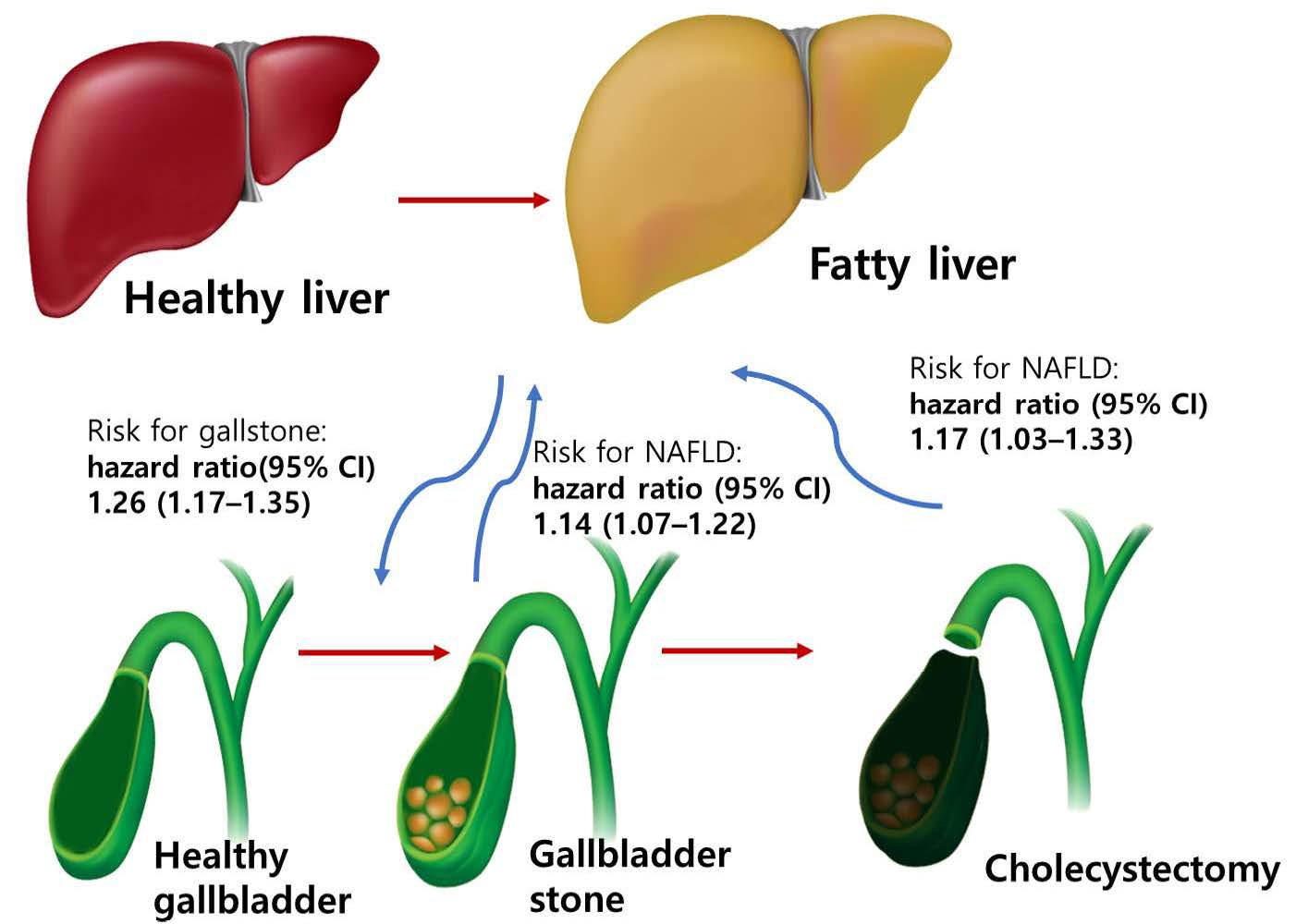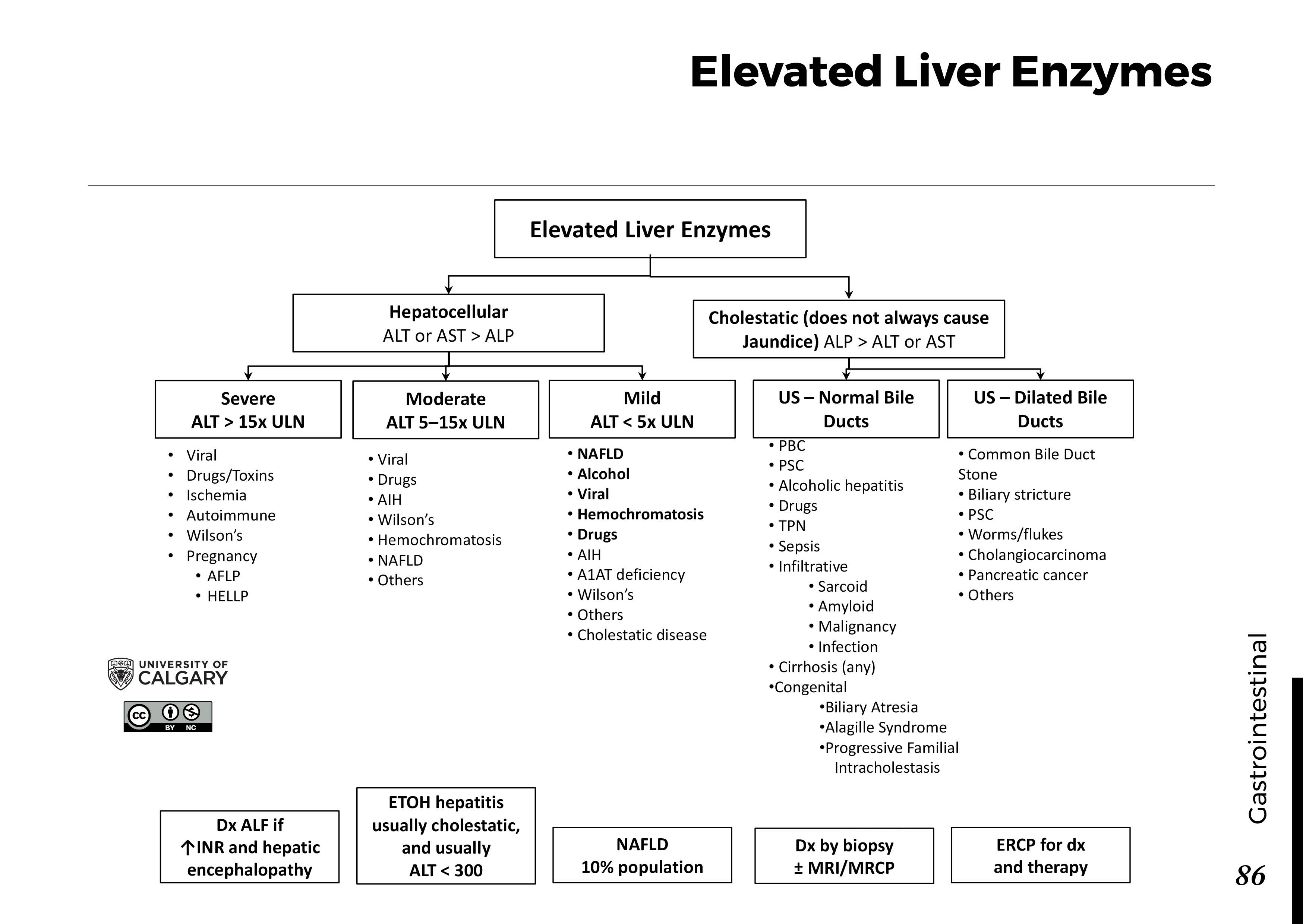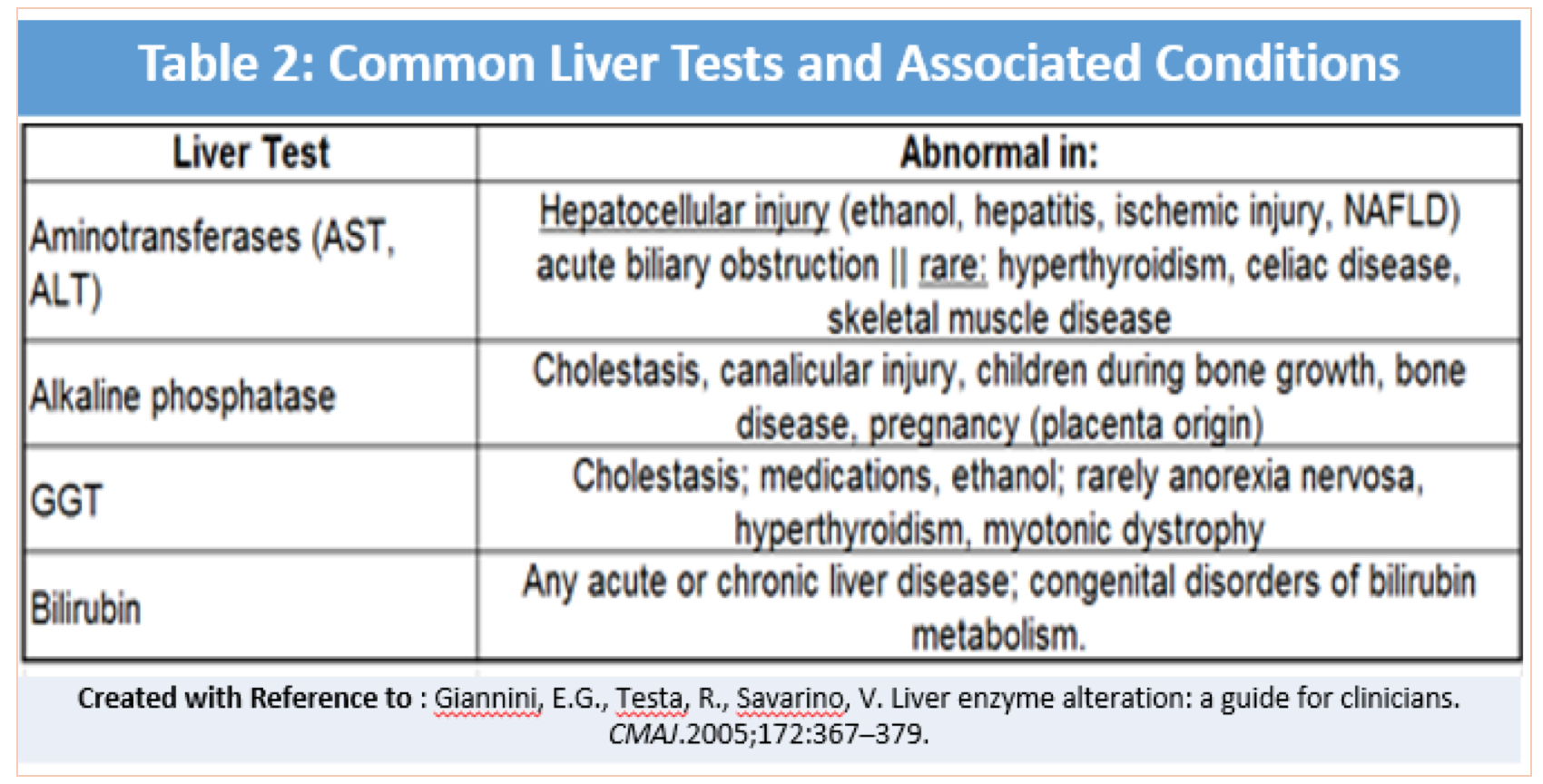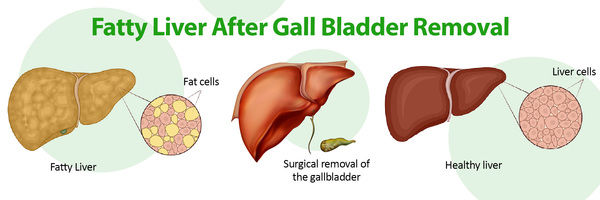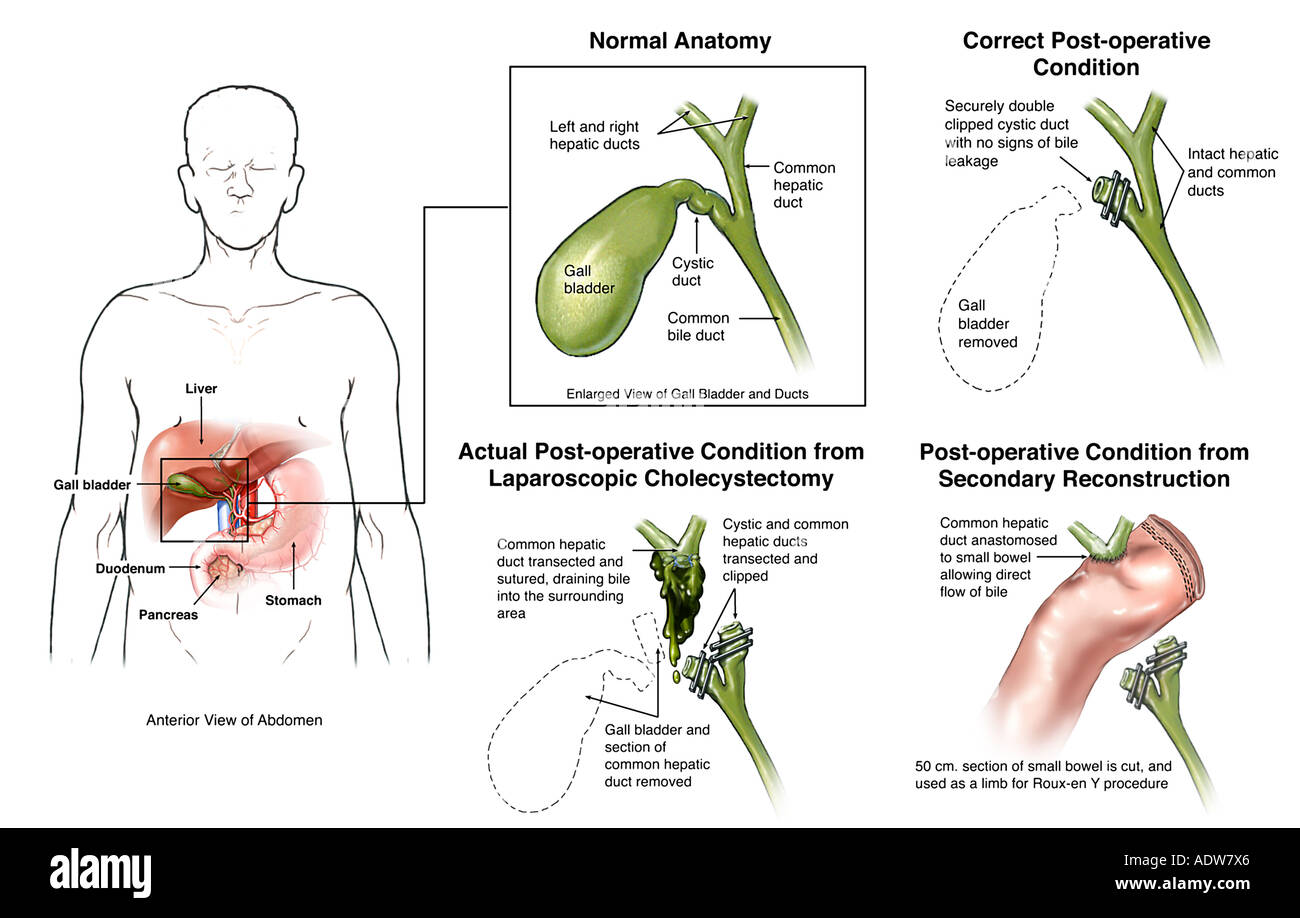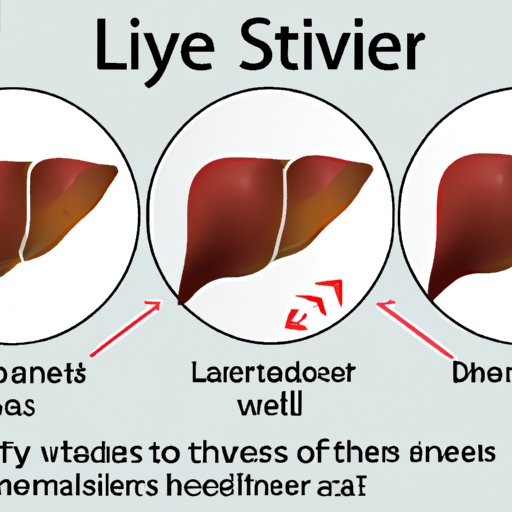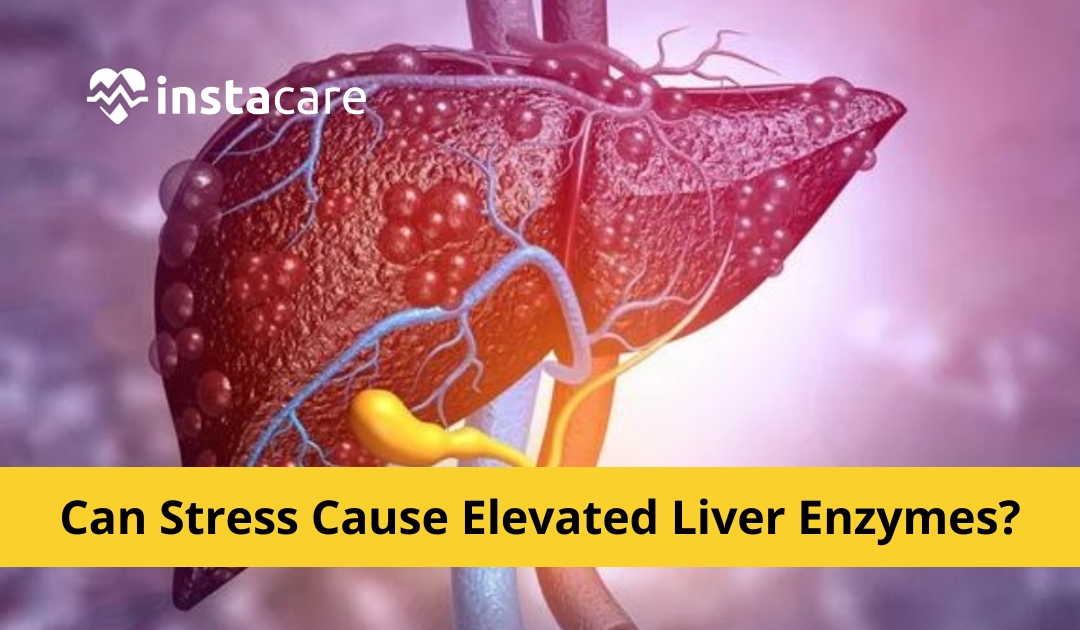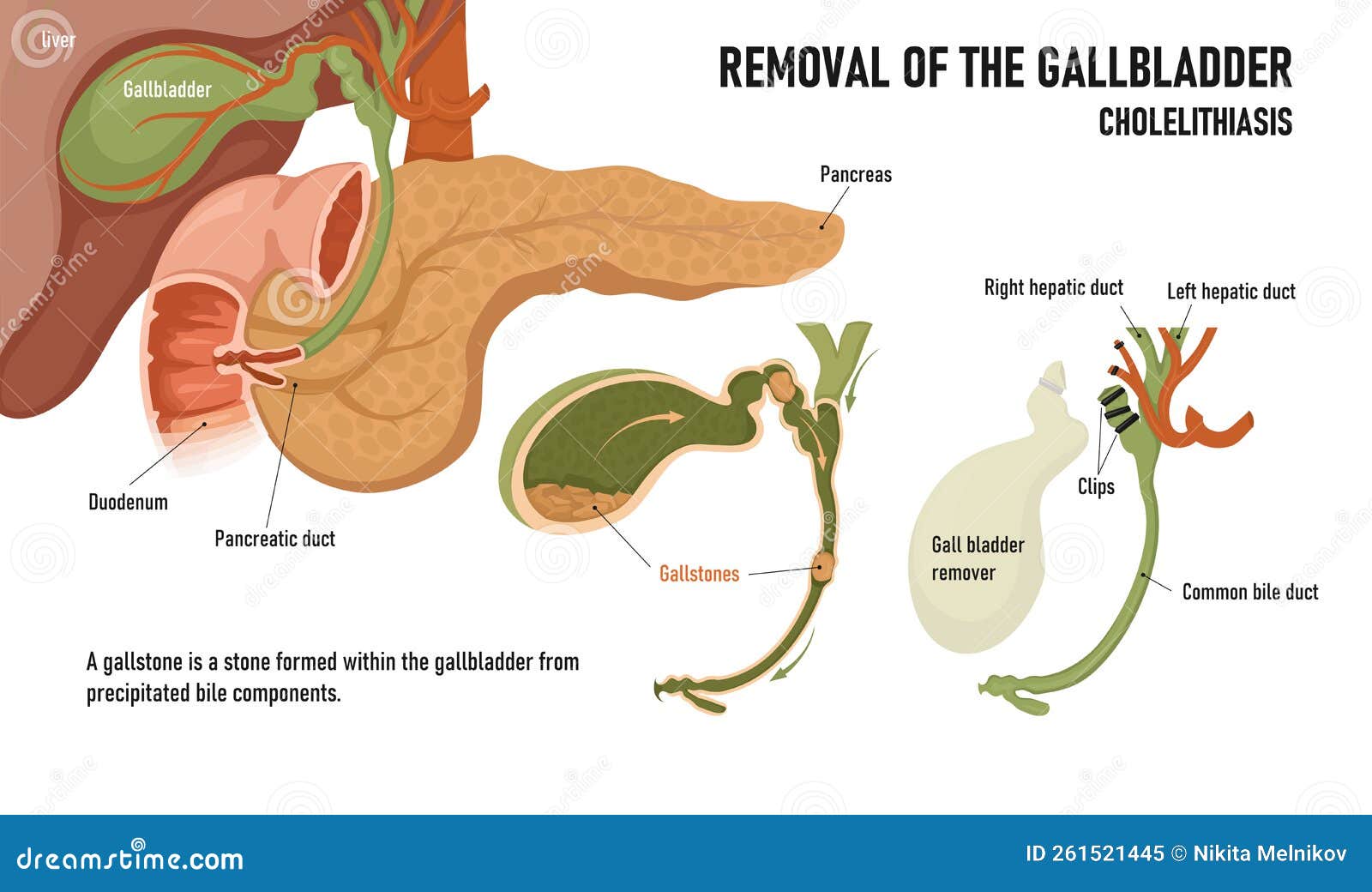Elevated Liver Enzymes After Gallbladder Removal
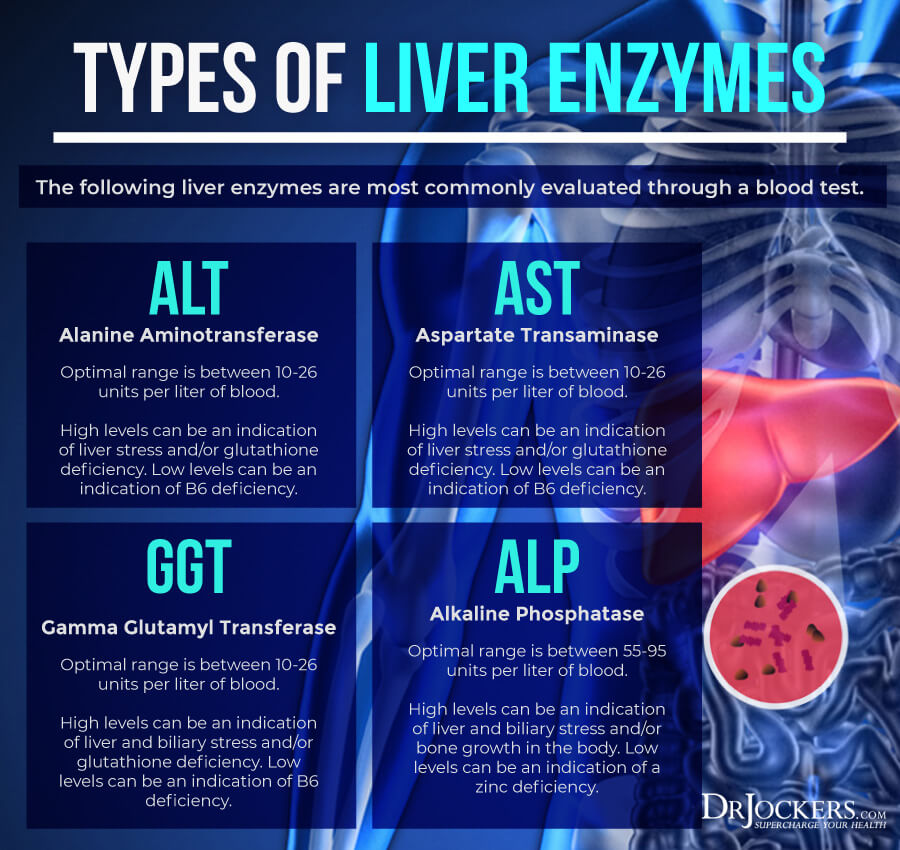
Imagine stepping out of the hospital, the ache of surgery slowly fading, replaced by the promise of a life free from gallbladder attacks. The relief is palpable, the future bright. But then, weeks later, a routine blood test reveals something unexpected: elevated liver enzymes. A wave of concern washes over you, the initial joy clouded by a new uncertainty.
This unexpected turn of events is, unfortunately, a reality for some individuals post-cholecystectomy (gallbladder removal). While most people experience a smooth recovery, elevated liver enzymes can occur, signaling potential issues with liver function. Understanding why this happens and what it means is crucial for both patients and healthcare providers.
The Gallbladder's Role and Removal
The gallbladder, a small, pear-shaped organ nestled under the liver, plays a vital role in digestion. It stores and concentrates bile, a fluid produced by the liver that helps break down fats. When we eat fatty foods, the gallbladder contracts, releasing bile into the small intestine to aid in digestion.
Gallstones, hard deposits that form in the gallbladder, are a common ailment. These stones can block the flow of bile, causing intense abdominal pain, nausea, and vomiting – a condition known as biliary colic. In many cases, the most effective treatment is cholecystectomy, the surgical removal of the gallbladder.
Cholecystectomy is a very common surgical procedure. Millions of people undergo gallbladder removal each year, many with minimal complications. The surgery is often performed laparoscopically, using small incisions and a camera, resulting in a faster recovery time.
Understanding Elevated Liver Enzymes
Liver enzymes, such as alanine aminotransferase (ALT) and aspartate aminotransferase (AST), are released into the bloodstream when liver cells are damaged. Elevated levels of these enzymes indicate that the liver is experiencing some form of stress or injury. These enzymes are commonly tested in routine blood work as part of a comprehensive metabolic panel.
Several factors can contribute to elevated liver enzymes. Some of the most common include medication side effects, alcohol consumption, viral infections (like hepatitis), and non-alcoholic fatty liver disease (NAFLD).
Normal levels of these enzymes vary slightly depending on the laboratory. However, persistently high levels warrant further investigation to determine the underlying cause.
Why Elevated Liver Enzymes After Gallbladder Removal?
The link between gallbladder removal and elevated liver enzymes isn't always straightforward, but several potential explanations exist.
One possibility is bile duct injury during surgery. The bile ducts are small tubes that carry bile from the liver to the small intestine. Damage to these ducts can disrupt bile flow and lead to liver inflammation, resulting in elevated enzymes.
"Bile duct injuries are a rare but serious complication of cholecystectomy," explains Dr. Sarah Miller, a gastroenterologist at a major medical center. "Careful surgical technique and imaging during the procedure can help minimize the risk."
Another potential cause is sphincter of Oddi dysfunction. The sphincter of Oddi is a muscle that controls the flow of bile and pancreatic juice into the small intestine. After gallbladder removal, some individuals may experience dysfunction of this muscle, leading to a backup of bile and pancreatic juices into the liver and pancreas, which can cause inflammation and elevated enzymes.
Furthermore, pre-existing liver conditions, such as NAFLD, may be exacerbated after gallbladder removal. The gallbladder helps regulate the flow of bile, and its absence may place additional stress on the liver.
Finally, some medications used during or after surgery can also contribute to liver enzyme elevations. It's crucial to discuss all medications with your doctor and report any concerning symptoms.
Diagnosis and Management
If you experience elevated liver enzymes after gallbladder removal, your doctor will likely order further tests to determine the cause. These may include additional blood tests, imaging studies (such as ultrasound or MRI), and, in some cases, a liver biopsy.
Treatment will depend on the underlying cause. Bile duct injuries may require surgical repair or endoscopic procedures. Sphincter of Oddi dysfunction may be managed with medications or endoscopic therapy.
For individuals with pre-existing liver conditions, lifestyle modifications, such as diet and exercise, may be recommended. Avoiding alcohol and maintaining a healthy weight are crucial for liver health.
In many cases, elevated liver enzymes are temporary and resolve on their own. Regular monitoring and close communication with your doctor are essential to ensure a positive outcome.
Lifestyle Adjustments and Prevention
While not always preventable, certain lifestyle adjustments can promote liver health after gallbladder removal. These include maintaining a healthy weight, eating a balanced diet, and avoiding excessive alcohol consumption. A diet rich in fruits, vegetables, and lean protein is beneficial.
Staying hydrated is also essential for liver function. Drinking plenty of water helps flush out toxins and supports overall health.
Regular exercise can improve liver health and reduce the risk of NAFLD. Aim for at least 30 minutes of moderate-intensity exercise most days of the week.
When to Seek Medical Attention
It's crucial to seek medical attention if you experience any concerning symptoms after gallbladder removal, such as persistent abdominal pain, jaundice (yellowing of the skin and eyes), dark urine, or pale stools. These symptoms may indicate a more serious underlying issue.
Also, if you experience fatigue, nausea, or loss of appetite, contact your doctor. These symptoms can be associated with liver problems and should be evaluated.
Early detection and treatment are essential for preventing long-term complications. Don't hesitate to discuss any concerns with your healthcare provider.
Living Well After Gallbladder Removal
While the possibility of elevated liver enzymes after gallbladder removal can be concerning, it's important to remember that most people recover fully and live healthy lives. By understanding the potential causes, seeking prompt medical attention when needed, and adopting healthy lifestyle habits, you can support your liver health and enjoy a better quality of life.
Gallbladder removal is often a necessary procedure to alleviate pain and improve overall well-being. It's just one piece of the puzzle in understanding long-term digestive health. This is a journey of adaptation, listening to your body, and working closely with your medical team. The initial wave of concern can be replaced with informed action and a proactive approach to your health.
Ultimately, the goal is to navigate this post-operative period with knowledge and resilience, empowering you to live a fulfilling and healthy life, free from the debilitating pain of gallbladder issues.

